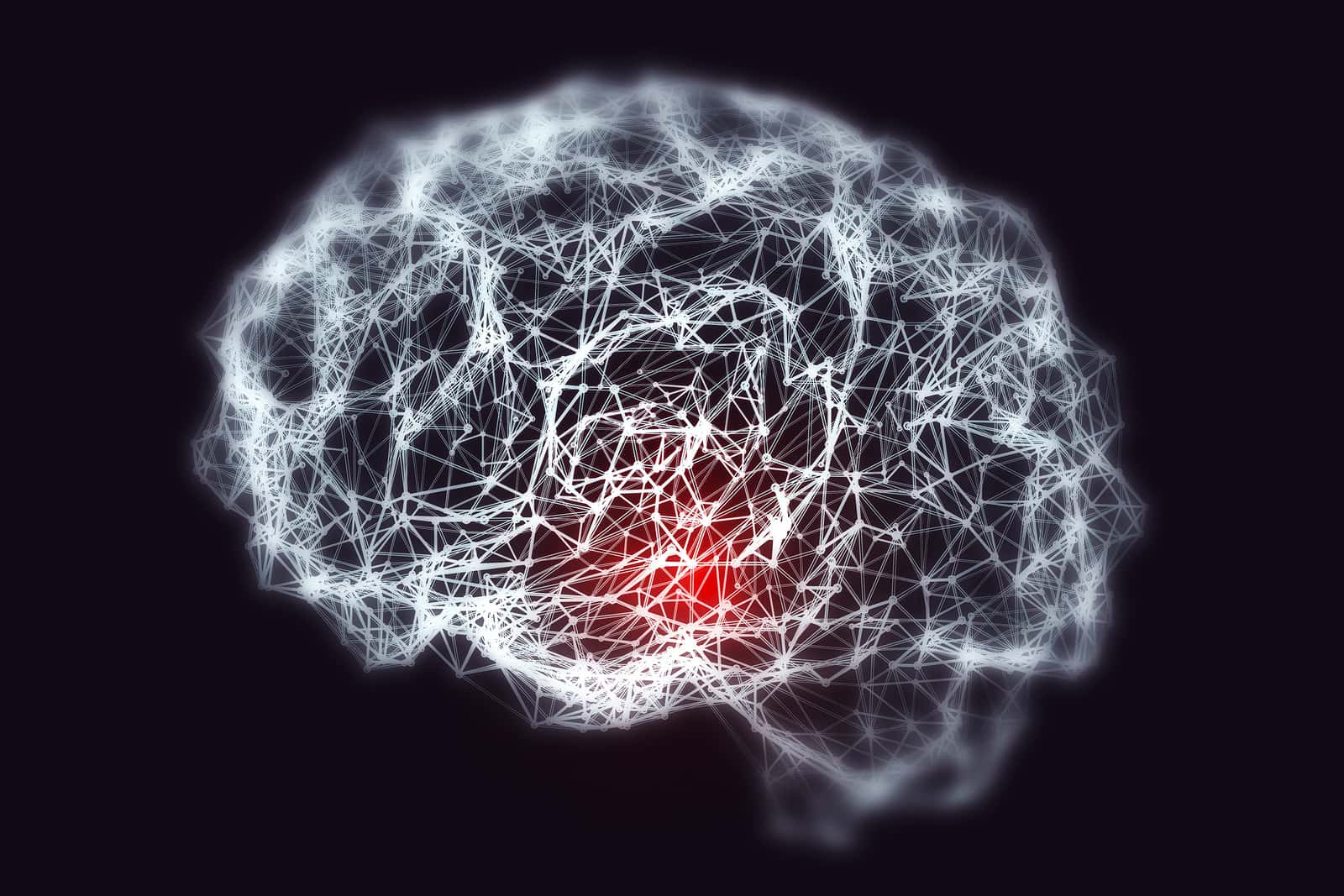
Scientists have been concerned that COVID-19 could predispose older individuals to later dementia. Now, an epidemiological study has shown that Alzheimer disease, Parkinson disease and stroke are indeed more common among those who were infected with SARS-CoV-2.
Danish Data Demonstrates Later Dementia:
Now, an epidemiological study has shown that Alzheimer disease, Parkinson disease and stroke are indeed more common among those who were infected with SARS-CoV-2 (Frontiers in Neurology, June 23, 2022). The researchers utilized medical records in a database covering about half of Denmark’s population between February 2020 and November 2021. More than 900,000 people took a COVID-19 test administered by the health care system. More than 40,000 of them tested positive.
People Who Had COVID More Prone to Later Dementia:
After a one-year follow-up period, people who had infections were about three times more likely to get a diagnosis of Alzheimer disease. Parkinson disease was more than twice as common among previous COVID patients, and so was stroke. However, people who’d had bacterial pneumonia or influenza were also at higher risk for later dementia than people who had escaped infection.
Earlier Data from Argentina:
Argentine researchers offered a sobering report at the Alzheimer’s Association International Conference on July 29, 2021. They analyzed data from more than 400 people over 60 years old who had recovered from COVID-19. Of these about 60 percent showed evidence of cognitive impairment, even if their initial infections were mild. The scientists used accurate polymerase chain reaction (PCR) tests to confirm infection with SARS-CoV-2.
This incidence of cognitive dysfunction is about ten times higher than investigators would normally expect in a population of this age. They will follow up by testing these individuals over the next three to five years to see if they develop later dementia.
How COVID-19 Affects the Brain:
Other research also suggests that COVID might cause trouble. Specifically, COVID-19 infections appear to shrink certain areas of the brain (medRxiv, June 15, 2021). Researchers in England utilized brain scan data already in the UK Biobank for this study. Nearly 400 COVID-19 survivors were invited to undergo a second brain scan after recovery. The investigators also scanned a comparable group who had not been infected.
Survivors showed a marked reduction in grey matter in the parts of the brain that process the senses of smell and taste. In addition, the virus also impacted areas of the brain that are important for memory. Ominously, this could set the stage for later dementia.
According to the authors,
“The loss of grey matter in memory-related regions of the brain may in turn increase the risk of these patients of developing dementia in the longer term.”
On the Alert for Later Dementia After Recovery:
Previous research has shown that respiratory infections can have unexpected consequences for the nervous system. In certain vulnerable individuals, they can invade the brain, causing encephalopathy or, much later, dementia (Viruses, Dec. 20, 2019). Coronaviruses appear especially adept at this. They may damage nervous tissue directly or trigger harmful immune responses.
Although we may think of COVID-19 as a respiratory disease, up to two-thirds of patients show signs of injury in the central nervous system (Alzheimer’s Research & Therapy, Dec. 30, 2020). Some survivors have reported Bell’s palsy, confusion, forgetfulness, anxiety, sleep difficulties, depression and, in rare cases, psychosis. When people lose their sense of smell as an early symptom of COVID-19, the virus may be invading the brain from the nose. Neurologists worry that the infection may speed beta-amyloid accumulation. This could potentially encourage the development of plaques typical of Alzheimer disease and later dementia.
A Study to Look for Cognitive Effects:
Some people have reported significant problems with forgetfulness or confusion after hospitalization with COVID-19. As a result of these concerns, scientists plan to study older individuals who have recovered (https://www.alz.org/research/for_researchers/partnerships/sars-cov2-global-brain-study). The goal is to see whether they are at higher risk for cognitive impairment or later dementia. This international protocol aims to enroll 40,000 volunteers for long-term follow-up.
Brain Inflammation from SARS-CoV-2 Could Lead to Later Dementia:
Autopsies of people who died from COVID-19 offer additional evidence of complications. Scientists who examined 13 brains found widespread vascular abnormalities in 10 of them (New England Journal of Medicine, Dec. 30, 2020). Although they did not detect SARS-CoV-2 in the brain tissue, they did see inflammation. Moreover, a study in mice indicates that a spike protein from the coronavirus is able to cross the blood-brain barrier and cause damage (Nature Neuroscience, Dec. 16, 2020). This might well hint at its potential to trigger later dementia.
Citations
- Zarifkar P et al, "Frequency of neurological diseases after COVID-19, influenza A/B and bacterial pneumonia." Frontiers in Neurology, June 23, 2022. https://doi.org/10.3389/fneur.2022.904796
- Douaud G et al, "Brain imaging before and after COVID-19 in UK Biobank." medRxiv, June 15, 2021.
- Desforges M et al, "Human coronaviruses and other respiratory viruses: Underestimated opportunistic pathogens of the central nervous system?" Viruses, Dec. 20, 2019. DOI: 10.3390/v12010014
- Miners S et al, "Cognitive impact of COVID-19: Looking beyond the short term." Alzheimer's Research & Therapy, Dec. 30, 2020. DOI: 10.1186/s13195-020-00744-w
- Lee M-H et al, "Microvascular injury in the brains of patients with Covid-19." New England Journal of Medicine, Dec. 30, 2020. DOI: 10.1056/NEJMc2033369
- Rhea EM et al, "The S1 protein of SARS-CoV-2 crosses the blood–brain barrier in mice." Nature Neuroscience, Dec. 16, 2020. https://doi.org/10.1038/s41593-020-00771-8

